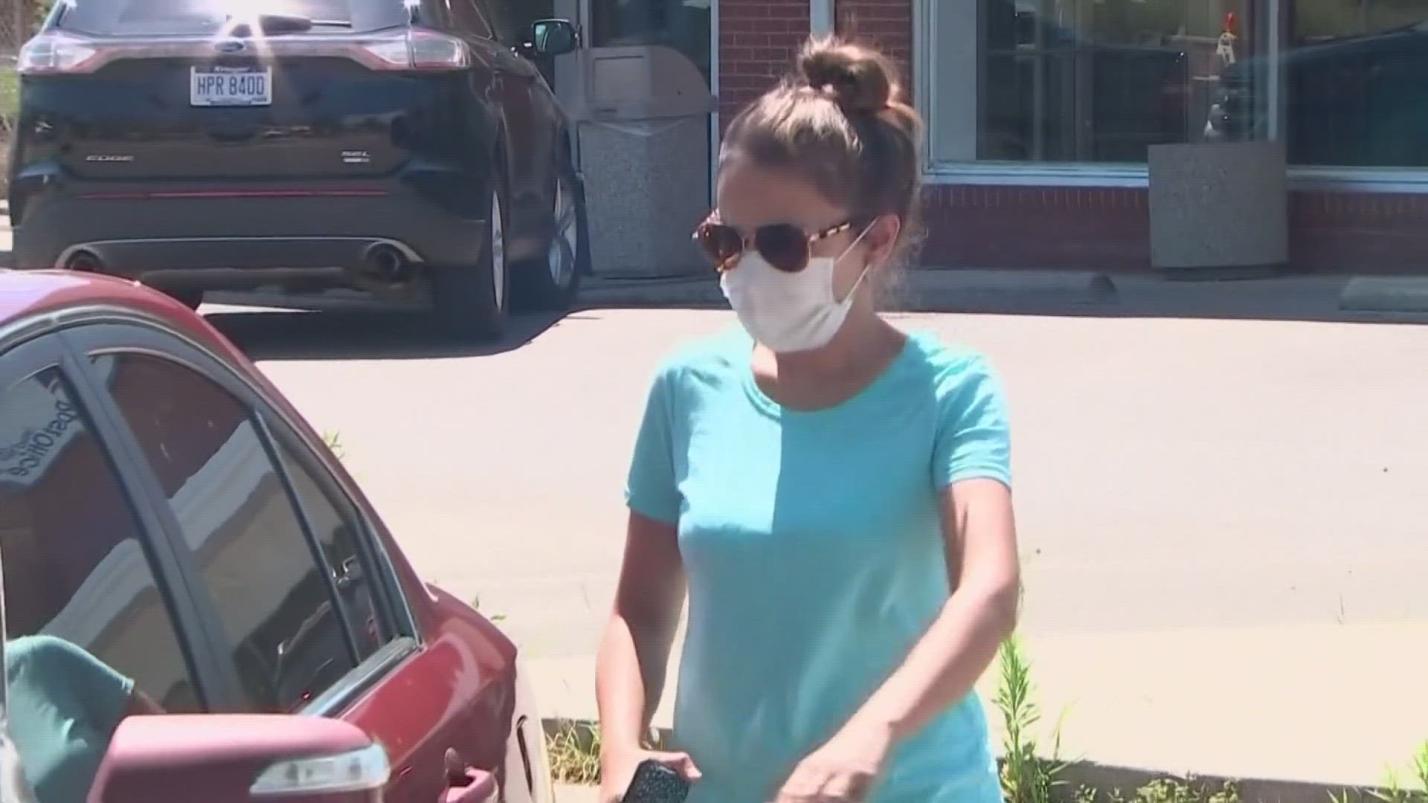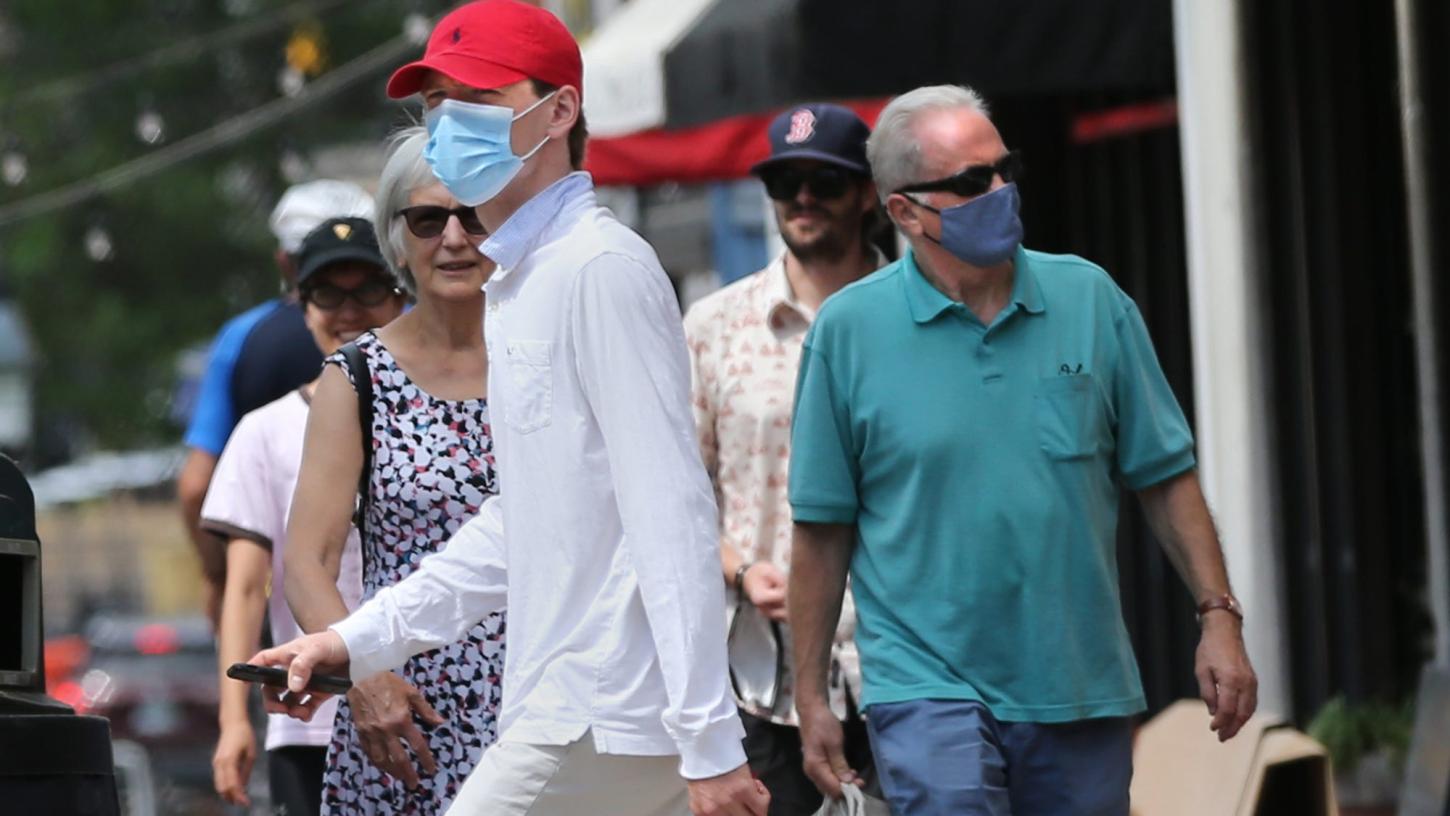How Do Face Mask Mandates Impact Personal Freedom?
In the wake of the COVID-19 pandemic, face mask mandates have become a contentious issue, sparking debates about personal freedom, public health, and government authority. This article delves into the arguments for and against face mask mandates, exploring the complex interplay between individual rights and collective responsibility.

Arguments In Favor Of Face Mask Mandates
Public Health And Safety
- Effectiveness in Reducing Transmission: Studies have consistently shown that face masks effectively reduce the transmission of respiratory illnesses, including COVID-19. By creating a physical barrier, face masks prevent respiratory droplets from spreading from an infected person to others.
- Collective Responsibility: Wearing a face mask is not just about protecting oneself; it is also about protecting others, especially vulnerable populations such as the elderly, immunocompromised individuals, and those with underlying health conditions.
- Potential Consequences of Not Wearing Face Masks: Not wearing a face mask can have serious consequences, including increased hospitalizations, deaths, and prolonged economic disruptions.
Legal And Ethical Considerations
- Legal Basis: Face mask mandates are often rooted in the government's duty to protect public health. Governments have the authority to implement measures that are reasonably necessary to protect the health and safety of their citizens.
- Ethical Implications: Not wearing a face mask can be seen as an act of negligence, potentially causing harm to others. The ethical principle of non-maleficence requires individuals to refrain from actions that may cause harm to others.
Arguments Against Face Mask Mandates
Personal Freedom And Autonomy
- Infringement on Individual Liberty: Critics argue that face mask mandates infringe on individual liberty and the right to make personal choices. They contend that individuals should have the freedom to decide whether or not to wear a face mask.
- Overreach of Government Authority: Some view face mask mandates as an overreach of government authority, arguing that the government should not have the power to dictate what individuals wear or do with their bodies.
Potential Negative Consequences
- Discomfort and Skin Irritation: Prolonged face mask use can cause discomfort, skin irritation, and other physical ailments.
- Psychological Distress: Some individuals may experience psychological distress, such as anxiety or claustrophobia, when wearing a face mask.
- Unintended Consequences: Face mask mandates may have unintended consequences, such as increased social isolation and decreased communication, which could negatively impact mental health and social well-being.
Balancing Personal Freedom And Public Health
The debate surrounding face mask mandates highlights the complex relationship between personal freedom and public health. Striking a balance between these two competing interests requires careful consideration of the evidence, ethical principles, and potential consequences. Governments must implement face mask mandates in a way that respects individual rights while also protecting the collective good.
Ultimately, the decision to wear a face mask is a personal one. However, individuals should carefully weigh the potential risks and benefits of wearing a face mask and consider the broader implications of their actions on the well-being of others.
The debate over face mask mandates is likely to continue as the COVID-19 pandemic evolves. As new evidence emerges and public health needs change, governments and individuals will need to adapt their policies and behaviors accordingly. Ongoing dialogue and evidence-based decision-making are essential to finding a balance between personal freedom and public health.

YesNo

Leave a Reply